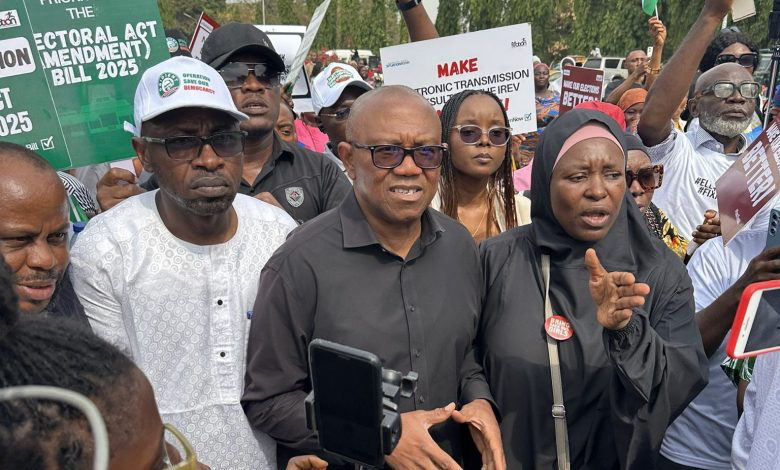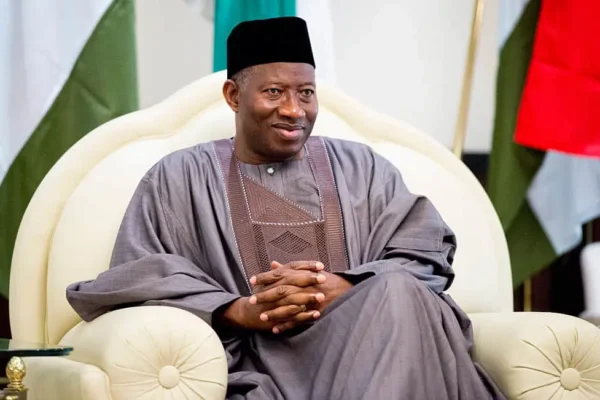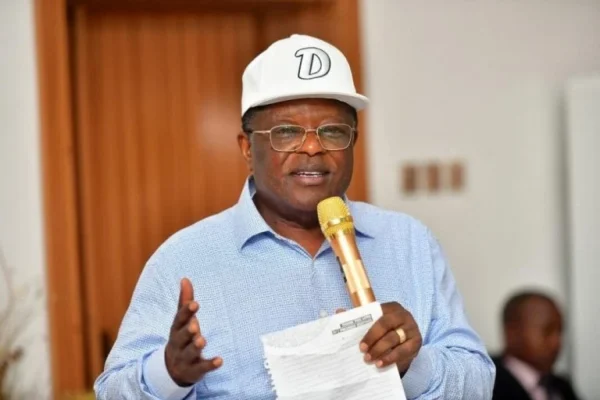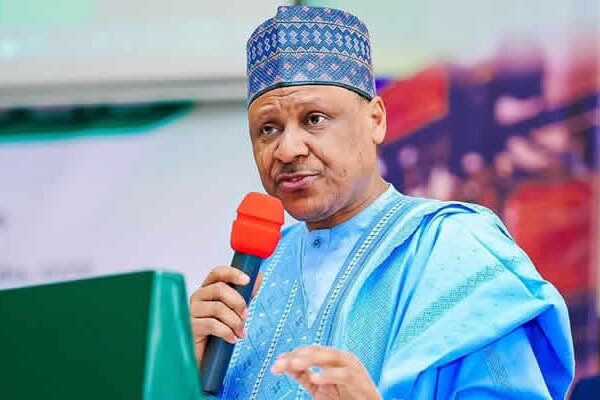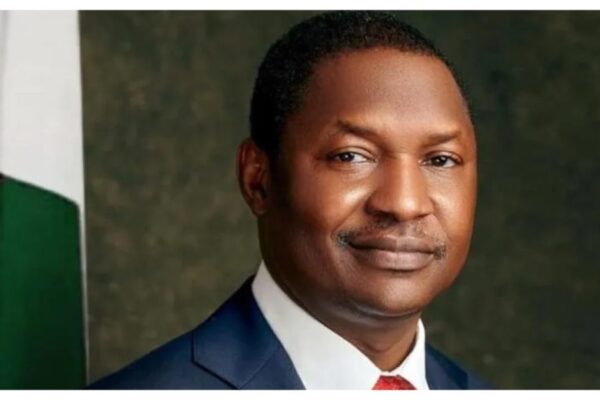
FG Files Fresh N1 Billion Money Laundering Charges Against Former AGF Abubakar Malami And Son
The Nigerian Government has brought fresh money laundering charges against former Attorney-General of the Federation and Minister of Justice, Abubakar Malami, and his son, Abubakar Abdulaziz Malami, over alleged financial transactions exceeding N1 billion. The 16-count charge, filed at the Federal High Court in Abuja under case number FHC/ABJ/CR/700/2025, names the Federal Republic of Nigeria as the complainant, with Hajia Bashir Asabe also listed as a co-defendant. According to court documents, the defendants are accused of handling, transferring, and concealing funds suspected to be proceeds of unlawful activities. Investigators reportedly traced N1,014,848,500 to a Sterling Bank account linked to these transactions. The prosecution claims the funds were laundered through corporate entities, including Metropolitan Auto Tech Limited, allegedly used to obscure the source and movement of the money. Between 2015 and 2025, the defendants are said to have acquired several properties in Abuja, Kano, and Kebbi states with illicit funds, including luxury homes in high-profile areas such as Maitama, Asokoro, Gwarimpa, and Jabi, some of which were reportedly purchased while Malami was in office as Attorney-General. One of the counts alleges that between July 2022 and June 2025, the defendants used Metropolitan Auto Tech Limited to hide the unlawful origin of over N1.014 billion, violating the Money Laundering (Prevention and Prohibition) Act, 2022. The charge sheet also outlines the alleged use of bank accounts, hotel businesses, and real estate firms to retain, move, or disguise large sums of money, including payments for hotels, plazas, duplexes, and landed properties. Prosecutors argue that the defendants “reasonably ought to have known” the funds were derived from illegal activities. Malami served as Nigeria’s Attorney-General from 2015 to 2023 under former President Muhammadu Buhari and has faced multiple corruption allegations during his tenure, all of which he has denied. In a related matter, the Federal High Court had previously granted Malami interim bail in a separate EFCC case, requiring him to surrender his passport and provide two sureties. The current money laundering case has been adjourned to January 5, 2026, for further proceedings.

